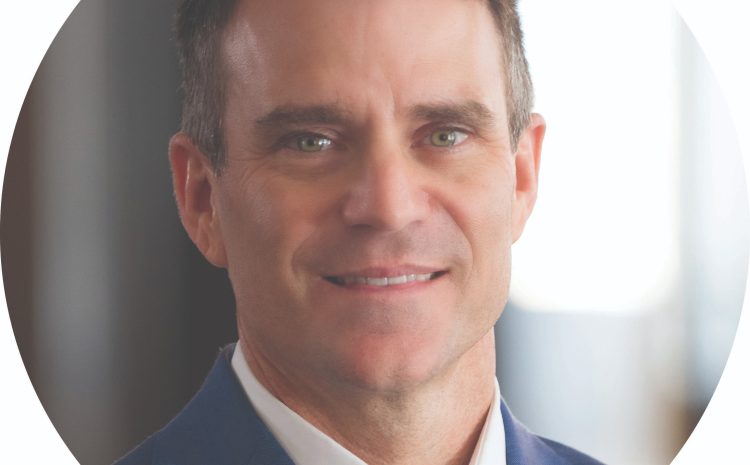
Thomas Paine, author of ‘Common Sense’ and ‘The American Crisis’.
To transfer assets without explaining values is to provide directionless coordinates, causing families to lose faith and focus. Most families who encounter this discussion can feel the faint tug. To ignore this, is to risk watching a century’s worth of effort dissolve into a single generation’s indifference — turning legacy into liquidation. But who is most at risk?
Knowing your history
Family offices, wealth management entities with their origins dating back to John D. Rockefeller in the 19th century, have quickly become advisers of choice. These trusted entities curate, manage, invest and handle a host of activities for families of means.
According to Deloitte Private, the number of family offices worldwide has surpassed 8,000, up from roughly 6,000 in 2019. This number is projected to exceed 10,000 by 2030. With this rise, assets under management are expected to increase from $3.1tn in 2024, to more than $5tn by 2030. Some of the world’s most notable offices include Walton Enterprises with assets of $225bn, Bezos Expeditions ($108bn) and the Ballmer Group ($85bn).
Fast approaching is a democratisation of wealth services. While the original iteration was formed to manage the capital of one family, the marketplace of means has expanded. There are multi-family offices managing the affairs of many families, and micro and virtual-family offices for families with significantly lower net wealth than is traditionally associated with the title. Why does this information matter?
This matters because with an increase of size, distribution and access, so increases the disconnection to any purpose or meaning beneath it. Inheritors become apathetic to how wealth was made, and dismissive as to why it was made. This leaves excess capital to aimlessly enter the lives of future generations with only one utility attached: an unending ability to satisfy consumption lust. We fail the next generation not by giving them too little, but by explaining too little. We are talking about orphaned inheritance or abandonment through abundance. If that sentence stings, let it. Clarity is no longer optional.
Telling the story
The term legacy is so overused as to avoid inquisition into its true meaning. Legacy is perpetual propulsion of intent. It is more verb than noun. It is not what we leave behind, but why. Few would disagree with fuelling their intent beyond their lives, but there is a problem. Families are captives to a dangerously outdated estate planning system, in which legal precision is mistaken for legacy transmission.
Focusing on wealth and preservation alone introduces static where there should be clarity. And yet, storytelling, the world’s most powerful time-tested communication tool on earth, is rarely used in estate planning models. Family offices, and those who advise them, must commit to solving this problem.
Legacy planning is not a luxury service; it is a responsibility. Advisers who hide behind management platforms and risk charts will soon be replaced by well-trained storytellers with financial acumen. Men and women will ask not ‘what have you earned?’ but ‘what have you learned?’ Instead of asking ‘what is your revenue?’ they will ask ‘by what do you want your children to remember you?’ Professionals must be bold enough to seek the ‘why’ of a benefactor’s life.
If we think about it, values-aligned investing, socially responsible investing (SRI) and environmental, social and governance (ESG) were not shifts created by consulting firms. Rather, they were fuelled by a young generation of leaders who took the helm of organisations having personal objectives that reached beyond capital appreciation.
The next wave of change will not facilitate social change alone but create narrative guideposts for the future inheritors of unprecedented wealth. Net worth will be matched with rhetorical force.
Communicating our deepest feelings on paper is a foreign concept within the walls of an estate firm. For those willing to chance that road, there is wonderful comfort in knowing our children and grandchildren will not only read our balances but also our hearts. This process refers to what I call ‘the soul of a document’ — a form of writing where paperwork ceases to be a legal formality, and instead becomes a vessel of enduring intent.
Families who engage in this deep dive of planning recognise the transcendent power of a story to shape future generations. Adding words to wordless places transforms the spirit of one generation into a compass for the next.
In The American Crisis, also published in 1776, during the American Revolution, Mr Paine once again reaches centuries ahead, providing wisdom through commentary. His opening words of that pamphlet — “These are the times that try men’s souls” — were hinting softly that the soul of our documents, not their legal construction, is the only match against time itself.
Ken Polk, founder, Arlington Family Offices

